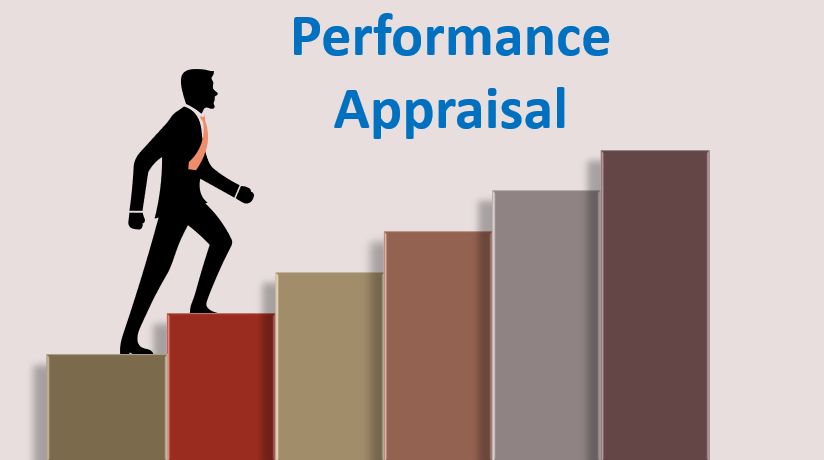Performance appraisals are an essential tool for evaluating and assessing the performance and progress of employees within an organization. They provide valuable feedback to both employees and managers, helping to align individual goals with organizational objectives, identify areas for improvement, and recognize achievements. In this ultimate guide, we’ll cover the key aspects of performance appraisals, including the purpose, benefits, process, and best practices.
1. Purpose of Performance Appraisals: Performance appraisals serve several important purposes:
- Evaluation: Assessing an employee’s performance, skills, and competencies.
- Feedback: Providing constructive feedback to employees regarding their strengths and areas for improvement.
- Goal Setting: Setting performance goals and objectives for the upcoming period.
- Development: Identifying training and development needs to enhance employee skills.
- Rewards and Recognition: Recognizing and rewarding outstanding performance and achievements.
- Promotion and Career Advancement: Assessing an employee’s readiness for promotion or career advancement.
- Communication: Facilitating open and effective communication between employees and managers.
2. Benefits of Performance Appraisals: Implementing performance appraisals can yield several benefits for both employees and organizations, such as:
- Improved Performance: Clear expectations and feedback help employees enhance their performance and achieve their goals.
- Employee Development: Identifying areas for improvement enables targeted training and development initiatives.
- Goal Alignment: Aligning individual goals with organizational objectives ensures a unified direction.
- Employee Engagement: Regular feedback and recognition contribute to higher employee engagement and satisfaction.
- Succession Planning: Identifying high-potential employees for future leadership positions.
- Fairness and Transparency: Evaluating employees based on predefined criteria promotes fairness and transparency in decision-making.
3. Performance Appraisal Process: While specific processes may vary across organizations, a typical performance appraisal process includes the following steps:
- Goal Setting: Establish clear, measurable, and achievable performance goals.
- Regular Feedback: Provide ongoing feedback and coaching throughout the performance period.
- Self-Assessment: Encourage employees to assess their own performance against the set goals.
- Evaluation: Assess employee performance based on predetermined criteria.
- Performance Discussion: Conduct a formal performance review meeting to discuss the evaluation results.
- Development Planning: Identify areas for improvement and create a development plan.
- Follow-up: Monitor progress, provide support, and offer additional feedback as needed.
4. Best Practices for Performance Appraisals: To ensure effective and meaningful performance appraisals, consider the following best practices:
- Clear and Specific Criteria: Define performance expectations and evaluation criteria in advance.
- Continuous Feedback: Provide ongoing feedback and coaching throughout the performance period.
- Two-Way Communication: Encourage employees to express their thoughts and concerns during performance discussions.
- Training for Managers: Train managers on effective performance appraisal techniques and conducting fair evaluations.
- Development Focus: Emphasize employee development by identifying training needs and growth opportunities.
- Fairness and Objectivity: Ensure the appraisal process is fair, unbiased, and based on evidence.
- Documentation: Maintain accurate records of performance evaluations and discussions.
- Regular Reviews: Conduct performance appraisals on a regular basis, such as annually or semi-annually.
- Accountability: Hold employees accountable for their performance and provide support for improvement.
Remember that the success of performance appraisals lies in their effective implementation and continuous improvement. Organizations should adapt the process to their specific needs and culture while adhering to ethical and legal guidelines.
Note: It’s important to consult your organization’s policies, guidelines, and legal requirements regarding performance appraisals, as they may vary depending on your jurisdiction and industry.
Became a Certified HR Professional. Join Next Innovation Asia, The best HR Training Institute in chennai, we offering Practical HR Courses with Assured Job Support.
Join us to grow your career in HR Domain

